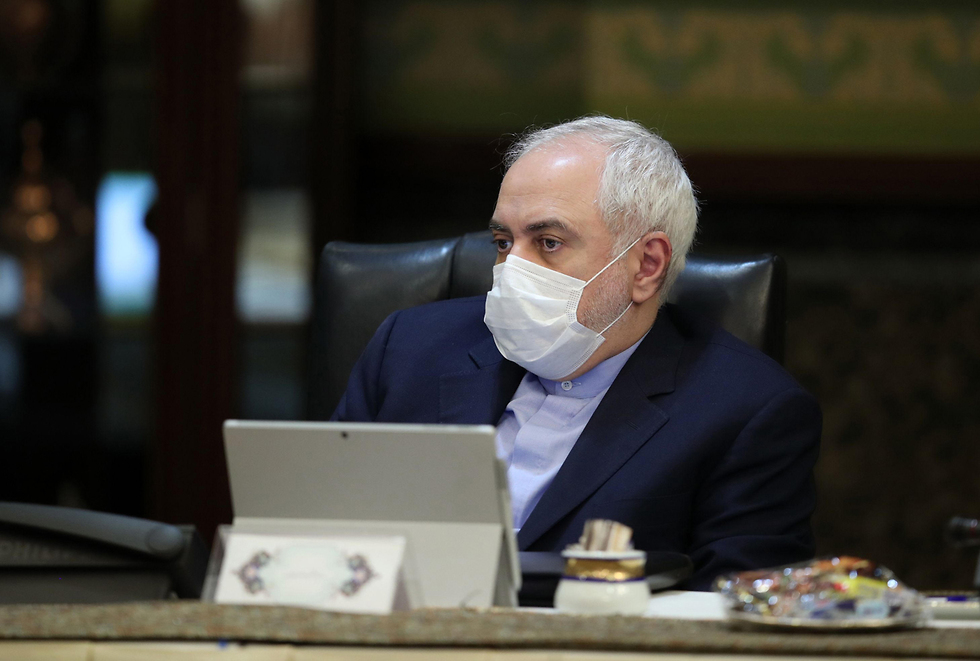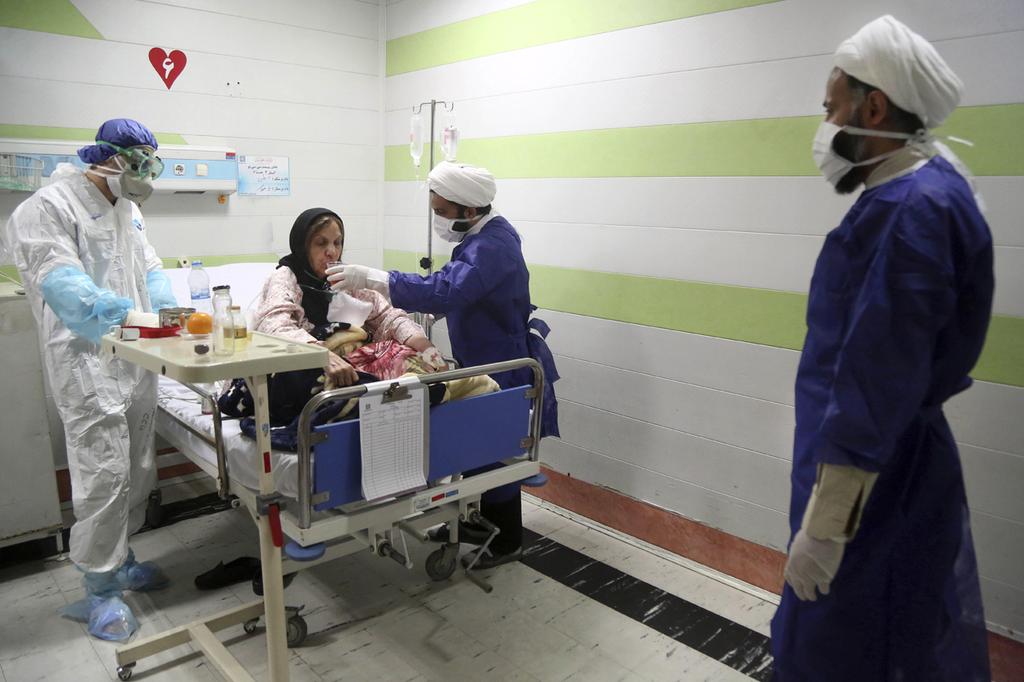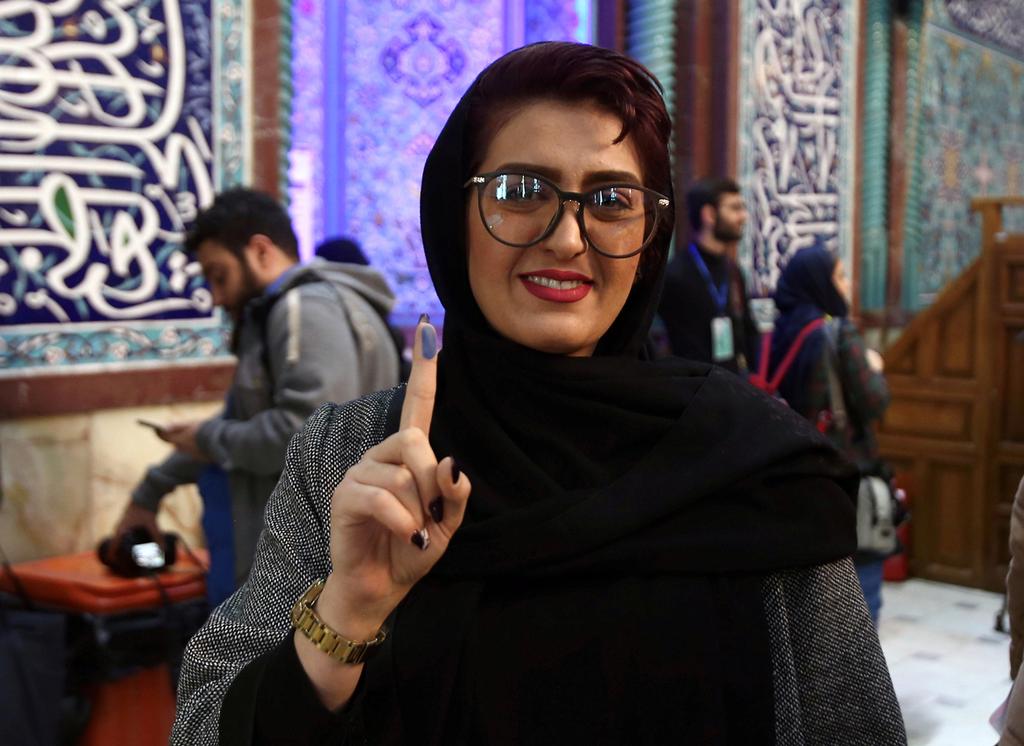Getting your Trinity Audio player ready...
The coronavirus outbreak in Iran has delivered another massive blow to the people's trust in the government of President Hassan Rouhani.
This new blow comes just weeks after the Islamic Revolutionary Guard Corps shot down Ukraine International Airlines Flight 752 soon after takeoff from Tehran.
The event sent thousands of angry people to the streets in protest, furious at their government's conduct and subsequent attempts to cover up the incident.
The spread of the coronavirus in Iran, which began in Qom's religious center and has already claimed hundreds of lives, served to further expose the regime's attempts to conceal the truth from the public, sparking resentment and widespread public criticism.
Fighting coronavirus in Iran
(Video: Reuters)
Mahan Air, the airline company owned by the Revolutionary Guard, continued its flights to China despite both the virus' outbreak and the authorities' announcement that all flights between the two countries would cease starting February.
The Iranian regime has also long avoided taking any preemptive measures that could have potentially slowed the infection rate in the country, such as quarantining the sick, closing schools and prohibiting large gatherings of people, especially in the city where the infection began.
Even after authorities were forced to admit there was indeed an outbreak and began publishing data on the extent of the infection, official reports were met with skepticism from the public.
3 View gallery


Iranian Foreign Minister Mohammad Javad Zarif wears a mask against coronavirus during a meeting
(Photo: AFP, HO, IRANIAN PRESIDENCY)
The public's panic and confusion only grew when foreign news outlets, social media accounts, and even local politicians (including a parliament member from Qom) claimed that the number of infected and fatalities were actually much higher than the official government reports.
One Iranian news site described the growing trust issues between the government and the public as "much worse than the spread of coronavirus," claiming that the situation was being exploited by foreign media in the service of Iran's enemies.
An analysis piece published by the same website at the beginning of March stated that it was only natural for the Iranian people to rely on foreign media for news when their own government had hidden information about the Ukrainian plane crash for three straight days, and refused to provide the exact number of casualties in the November 2019 gas shortage riots.
The erosion of public trust in the government was also apparent in the low voter turnout for Iran's parliamentary elections on February 21.
The turnout of some 42% was the lowest recorded since the country's Islamic revolution of 1979, with the number being even lower inside Iran's biggest cities.
The worsening trust of the Iranian public continues to pose a challenge to the country's regime, and although it does not face any immediate threat, it is mainly due to the fact that the Iranian protest movement is plagued by several key weaknesses.
Even if the movement had any motivation to renew the protests today, it is safe to say that the spread of the coronavirus has all but snuffed out the desire of the people to take to the streets.
Still, the public's continued loss of confidence in the Iranian government can serve to destabilize it further down the road, especially if Iran finds itself facing another economic decline or the departure of the Supreme Leader.
Dr. Raz Zimmt is a research fellow specializing in Iran at the Institute for National Security Studies at Tel Aviv University






